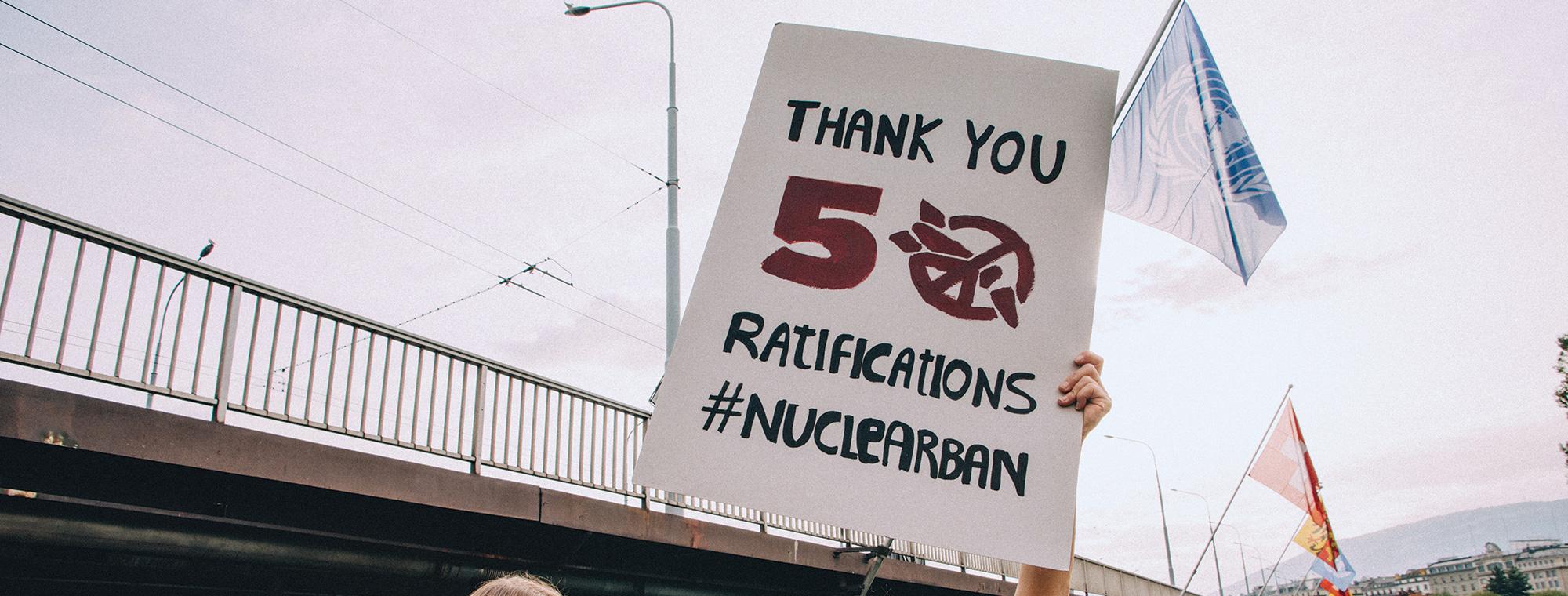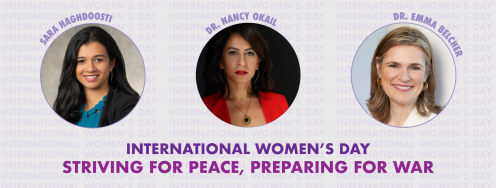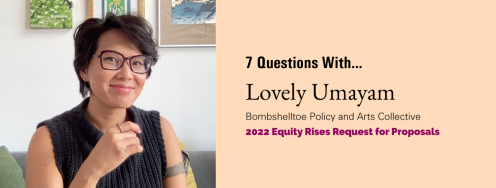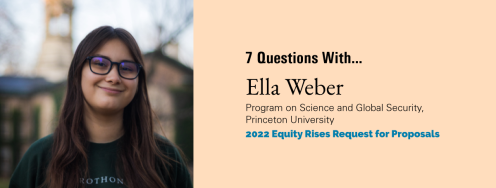Beatrice Fihn is executive director of the International Campaign to Abolish Nuclear Weapons (ICAN) — the coalition that worked tirelessly to promote the UN Treaty on the Prohibition of Nuclear Weapons. ICAN won the 2017 Nobel Peace Prize for its work and Beatrice accepted the prize with Setsuko Thurlow and delivered the Nobel lecture in Oslo on behalf of the campaign.
The UN Treaty on the Prohibition of Nuclear Weapons will enter into force in January 2021, and categorically prohibit nuclear weapons, along with other weapons of mass destruction, including chemical and biological weapons. Just prior to reaching that milestone of a 50th signatory, Fihn spoke with Ploughshares Fund about this important effort.
Give us a sense of why you focused on non-nuclear states and the unique role they play and why you are approaching them.
We’re so used to talking about the nuclear armed states, you know, the nine countries with and endorsing nuclear weapons. And we forget that there is a whole group of countries around them protecting and upholding nuclear weapons.
They might not have them themselves, but they are part of the exercises being prepared to request these weapons to be used. And they play an extremely important role in legitimizing nuclear weapons and encouraging the nuclear armed states to have nuclear weapons.
The treaty itself would prohibit nuclear hosting, but it would not prohibit US nuclear security guarantees, is that correct?
It prohibits assistance and encouragement with the use, development and threat to use nuclear weapons. So, it would be prohibited to actively engage in the use of nuclear weapons, uphold their development or use, and threaten the use of them.
The way that we interpreted it, a country that joins this treaty does not have to leave NATO. It can be an ally to the United States. You can participate in military operations but should not be involved in using nuclear weapons. It should not be involved in threatening to use nuclear weapons, and it should not request nuclear weapons to be used on its behalf. This is the conversation we’ve had with leaders in these countries is that we would require these countries to say that – they don’t have to say that the US should get rid of its nuclear weapons, but they need to say that we will not request nuclear weapons to be used on our behalf. We will not be involved in it.
Could a country like Germany, sign the treaty, stay in NATO, and renounce or refuse to host nuclear weapons, even though the NATO alliance is a nuclear alliance?
Yes. If Germany on the national level does not involve itself and its military in nuclear weapons related operations. And of course, this is a treaty. And the treaty is quite explicit in these terms of assistance, encouragement. It has meaning under the chemical weapons convention, biological weapons convention, these are sort of legal terms. So, you have definitions of that, but it still would be implemented on a national level. It’s also up to the government to look at these terms, how they’ve been related, how they’ve been used in treaties and look at its own activities and, define which activities are okay, and which are not okay.
ICAN and your partner groups have been organizing around the world seeking additional support and ratifications. How has the pandemic affected your work?
As you know, it hit hard here in Europe, and in Geneva in particular, we’re very close to Northern Italy. It became apparent in early March that this was going to be very bad and really impact our work. I felt personally really lost at moments, wondering, how is the world going to look in six months? Human nature is to also adjust to almost anything. People find new ways of doing the work. I feel like this has been a big moment in the world where we for the first time ever, all experience the same thing at the same time. And I think that has some things that we should take advantage of this kind of outpouring of empathy and support. This current moment really hits home some of the points that we’ve been making from the beginning – how you cannot use weapons to fight today’s urgent threats. We are extremely connected. Threats will not stop at borders. We cannot stop them from spreading across the whole world. What one country does on the other side of the world, the healthcare system, one country has a direct impact of my security and our health and safety.
Hear the full interview with Beatrice Fihn below (interview starts at 11:12):




